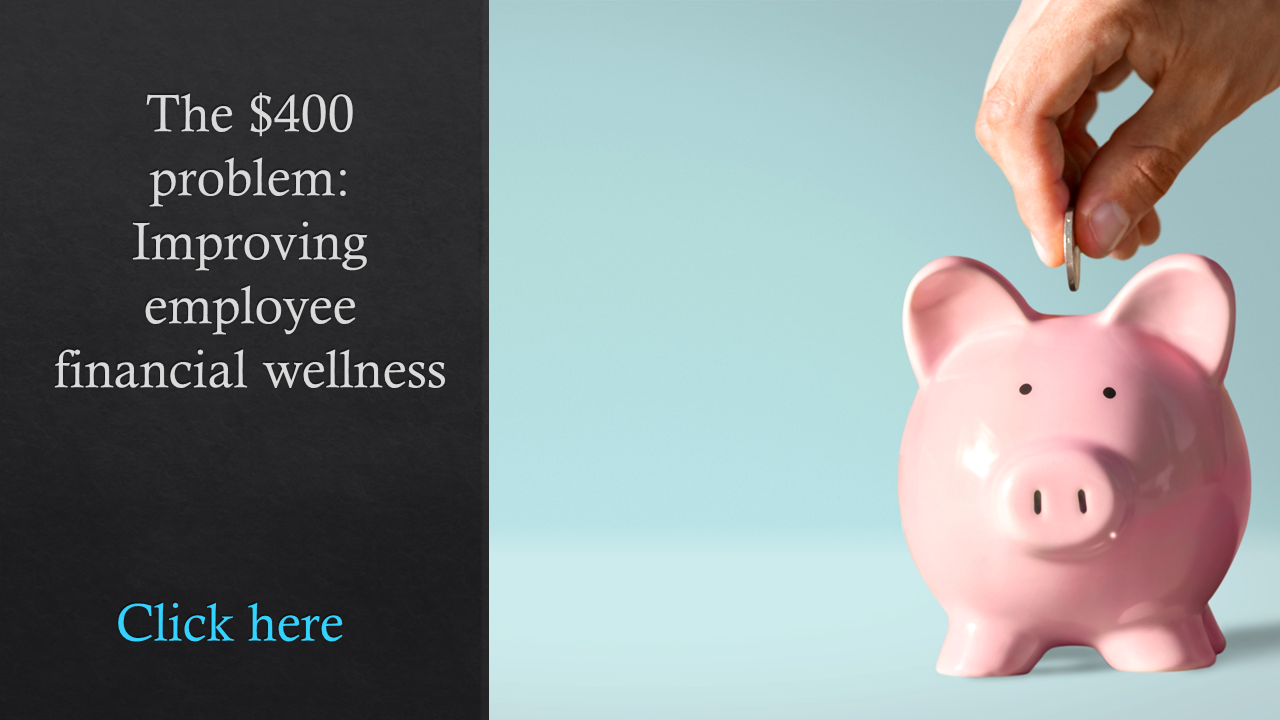Just over half of employees say their financial stress level will be the same or worse through the beginning of this year than it was at the beginning of 2021, according to research by the Harris Poll on behalf of voluntary benefits firm Purchasing Power. That includes 59% of those making $75,000 or more annually and 49% of those making an annual salary of more than $100,000.
What it means for HR leaders
For many employees, financial health was a big area of concern pre-pandemic. And that’s only worsened after two years of COVID-19. The pandemic has hit many industries hard, rising inflation rates are stretching employees thin and COVID infections have caused a lot of workers to miss work for extended amount of time or leave jobs altogether.
“There is a lot of pressure,” says Timothy Flacke, executive director and co-founder at Commonwealth, a Boston-based financial nonprofit. “We have this enormous new variable, which is public health, and not knowing when the next variant will be and how it affects the industries we work in. It’s a vector of vulnerability and uncertainty.”
Related: Biggest financial health opportunity? Focusing on short-term help
 That’s why a lot of innovation is happening when it comes to employers helping employees with their finances, says Flacke, who will be speaking at HRE’s upcoming Health & Benefits Leadership Conference about effective financial health strategies. Some of those strategies include emergency savings programs and split direct deposits. Register here.
That’s why a lot of innovation is happening when it comes to employers helping employees with their finances, says Flacke, who will be speaking at HRE’s upcoming Health & Benefits Leadership Conference about effective financial health strategies. Some of those strategies include emergency savings programs and split direct deposits. Register here.
Financial wellness programs are becoming a primary piece of the benefits puzzle. Purchasing Power CEO Trey Loughran predicts financial wellbeing benefits will be one of the most significant benefits in 2022. Importantly, the Purchasing Power survey finds financial wellness benefits can be an important retention tool: 79% of full-time employees say they would be more likely to stay with their present employer if they offered more financial wellbeing benefits, and 78% say they can tell how much their employer cares about their financial wellbeing by the benefits they offer.
“Especially at a time when the Great Resignation is affecting so many organizations, employers will want to listen to what employees are saying about financial wellbeing benefits,” Loughran says. “For both recruitment and retention purposes, employers should make sure their employee benefits packages provide robust financial wellbeing benefits that can provide a lifeline during difficult times.”

